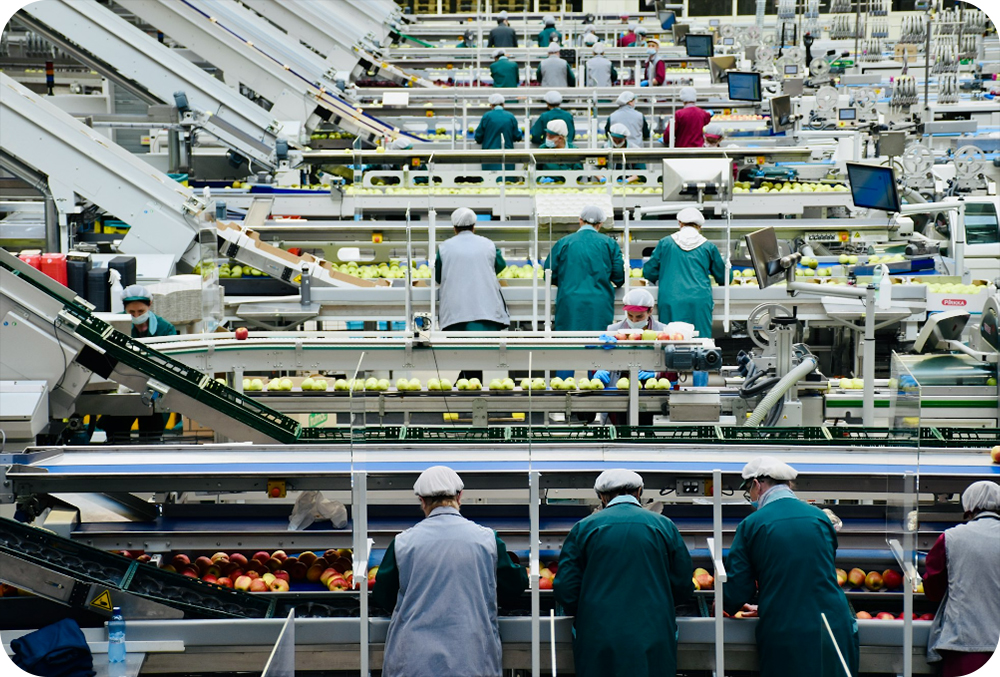The food supply chain can be a complex ongoing project, but it's absolutely necessary. Those who control and work with food supply chains are responsible for the quality and amount of food we receive in the UK, and how fast we get it. With so much variance in British food, and ever-increasing food restrictions, it can be overwhelming to think about. Here, we'll break down the challenges facing those involved in the food supply chain to better understand the solution, and how to get there.
Understanding the Food Supply Chain
Complex supply chains can span multiple countries and continents, but a supply chain doesn't have to be geographically large to be considered complex. If your business has set requirements for the produce they buy, the complexity of the products can impact the complexity of the supply chain. Having to meet distinct, strict requirements either by law or policy can make navigating such a supply chain difficult. But this is not the only challenge modern supply chains face.
Challenges Facing the Food Supply Chain
Extreme Weather Conditions
The earth is warming up, there's no doubt about it. The climate we rely on to ensure our food crops grow is changing, and not always for the better. One of the knock-on effects of climate change is on the supply chain. At the bottom end of the supply chain, the farmers struggle to produce the crops to the same quality and yield as previous years, making food scarcity a concern.
Geopolitical Conflict
2023 turned out to be one of the most violent years since the Cold War ended. This is a scary stat, but in supply chain terms this means that geopolitical instability also has a knock-on effect. The big names which come to mind include the Ukraine-Russian war, which has seen disruptions throughout supply chains all over the world. Those involved in the food supply chain have had to make quick pivots to ensure supply is sustained, often having to accept higher prices as a result, impacting the consumer.
Health-related Supply Disruption
Disruption to the supply chain are not just a result of political conflict and violence. The COVID-19 pandemic exposed the vulnerability of the UK supply chain, as well. The loss of support functions due to the loss of workers and restrictions on international travel implicated huge costs for businesses, and we are facing a cost-of-living crisis in the UK as a direct result.
Recommendation
In order to combat the effects of these challenges, ensure your supply chain maintains good standards of visibility. This requires that information to be accessible by those involved in the supply chain, meaning data must be collected and thoroughly checked as a means of due diligence. This ensures others who rely on the information can trust it. This can be a time-consuming process to say the least, but using a digital tool such as ARCUS® SIM can help you save time and ensure better amounts of accuracy in your supplier data.
By having a robust data collection and governance policy, this means that you can be confident your food supply chain is compliant with your business requirements. It also means you assess issues of sustainability and reliability early on, so you can trust the suppliers who make up your supply chain.

